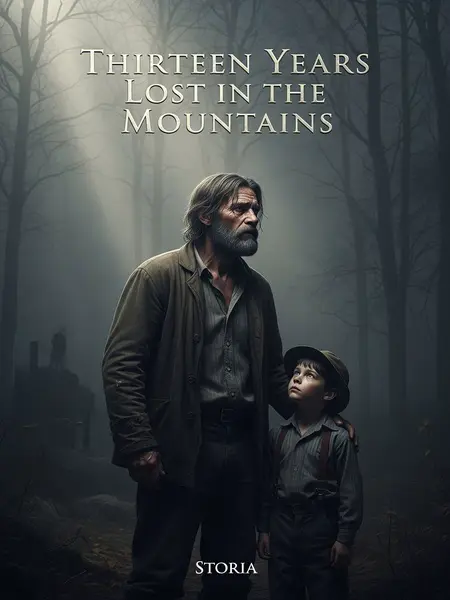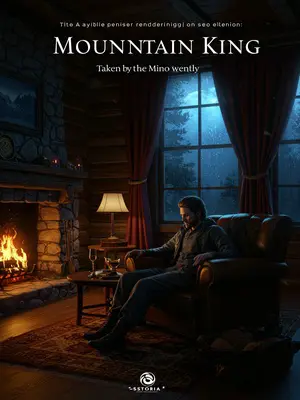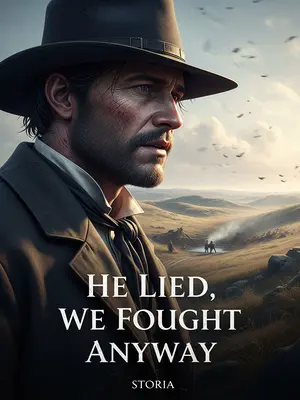Chapter 3: Captive in a Distant Land
Laborers Sent to America
Lin Jian was born in Caobo, a small farming town in Gaomi County, Shandong. His family had tilled the land for generations; he was a true country man.
He grew up working the fields, hands tough and sun-darkened. His father taught him to read the wind, to coax stubborn earth into harvests.
In September 1944, the muggy summer faded, and a cool breeze swept the land.
Cicadas quieted, fields ripened gold. Lin Jian woke before dawn, the air crisp, his breath swirling as he pulled on a patched shirt.
Lin Jian rose early, ready to harvest wheat. His pregnant wife dressed him in a thin, mended shirt and packed him dry bread and a boiled egg.
She pressed the bundle into his hands, her smile weary but loving. “Come home safe,” she whispered, her belly round beneath her apron.
The Lin family was poor; this small bundle was his day’s ration, but he was content.
He kissed his wife’s cheek, savoring the simple meal—bread, egg, and a bit of hope. He promised to return by dusk.
In 1944, World War II raged. Society was in chaos, and just filling one’s stomach was a blessing.
Rumors of distant battles drifted through the village like wood smoke. But Lin Jian’s world was the soil beneath his feet, the hope of harvest, and the family waiting at home.
Thinking of his wife and soon-to-be-born child, Lin Jian felt a surge of energy.
He straightened his back, determined to build a better life, no matter how hard the times.
He left home, ready for a long day’s work.
The path to the fields was familiar, the sun just peeking over the horizon. He waved at neighbors, sharing a nod of silent understanding.
No one could have guessed this would be a parting of thirteen years.
His wife watched from the doorway, hand on her belly, as Lin Jian disappeared into the wheat. It was the last time she’d see him for more than a decade.
He worked the fields without rest, until the sun was high and he sought shade to eat.
He wiped sweat from his brow, sitting beneath a willow. The sounds of insects and distant laughter drifted on the breeze.
He heard voices in the distance—thinking they were neighbors—but when the men appeared, they were collaborators, locals armed and working for the occupying army.
Their uniforms were unfamiliar, faces hard. Lin Jian froze, instinct screaming at him to run, but his legs refused to move.
Lin Jian dared not move. He knew any attempt to escape meant being shot.
He lowered his eyes, trying to shrink into the earth. But they saw him, and there was no mercy in their eyes.
He was tied up and dragged away by the collaborators.
The rope bit into his wrists. He stumbled, heart pounding, as they marched him away from his fields, away from everything he knew.
That day, more than twenty young men from Caobo were captured, bound together in a human chain and driven like livestock to an unknown fate.
They shuffled along the dusty road, heads bowed. Some wept quietly, others stared ahead, numb.
They were taken to the county seat and locked up in a labor camp run by the occupying forces.
The camp was a tangle of barbed wire, barking dogs, and shouting guards. The air stank of sweat and fear.
Many poor men, like Lin Jian, were imprisoned there. Some tried to escape, but were either shot or beaten to death.
Lin Jian watched, horrified, as a friend made a dash for the fence, only to be gunned down. The lesson was clear: there was no escape.
Lin Jian tried to escape once. Bullets whistled past his head, the suffocating fear making him realize: there was no way out…
He huddled in the corner of his barracks that night, shivering, vowing to survive at any cost.
After that, only one thought remained: survive. No matter how humiliating, only by living could he hope to see his family again.
He learned to keep his head down, to take orders, to swallow his pride. Each day was a battle against despair, every command a test of will.
Soon after, Lin Jian and the others were forced into old military uniforms, had their photos taken, and pressed their fingerprints on documents they couldn’t read.
The uniforms were scratchy and ill-fitting. The camera’s flash blinded him. He signed where they pointed, not knowing what it meant.
On October 11, 1944, Lin Jian and 800 other Chinese were sent to the port in Qingdao.
The journey was long and miserable. They rode in the backs of trucks, crowded and silent, the city’s harbor looming ahead.
“Where are we going?”
“Are we going to sea?”
“Let me go!”
“I want to go home!”
The crowd’s anxiety turned to panic. Some shouted, some wept, but the guards only shoved them harder.
Some realized something was wrong and struggled, shouting. Cries of “go home” echoed through the crowd.
The air was thick with fear and confusion. Lin Jian’s heart ached as he joined the chorus, but the guards ignored their pleas.
Lin Jian’s eyes filled with tears as he watched those who resisted being beaten, shot, or dragged away. Blood stained the ground, and despair filled his heart…
He looked away, biting his lip to keep from crying out. The world had become a nightmare, and he could only endure.
In the end, they were forced onto a ship, packed tightly into the dark cargo hold, and shipped across the sea—to America.
The hold was dark and damp, swaying with the waves. Lin Jian sat curled up, numb.
He could hear the sobs and prayers of the men around him. The stench was overwhelming—sweat, sickness, fear.
They had been at sea for about three days, and the only way to mark time was by the single meal handed out each day: a hard, nearly moldy piece of bread. The stench made it hard to swallow…
Lin Jian forced himself to eat, knowing he’d need every scrap of strength. Hunger gnawed at him, but hope was harder to hold onto.
In the darkness, fear grew. Sometimes, low sobs could be heard.
He whispered his wife’s name, clutching the memory of home like a lifeline.
Lin Jian could only think of his wife waiting at home, and his unborn son, enduring day after day.
He pictured their faces in the dark, promising himself he’d return, no matter what it took.
On the sixth day, the ship docked at a West Coast port.
Blinding sunlight and the sharp cry of gulls greeted them. Lin Jian stumbled as he stepped onto American soil for the first time.
After days in the darkness, Lin Jian nearly crawled out, staggering.
His legs felt weak, but his spirit burned with questions and fear.
It was then that he learned why he had been brought to America…
The guards barked orders in a language he didn’t understand. He saw other men in uniforms—Americans, their faces unreadable.
They were labeled “prisoners of war” and turned into forced laborers.
The realization hit like a punch. Lin Jian’s world had shrunk to chains and commands.













